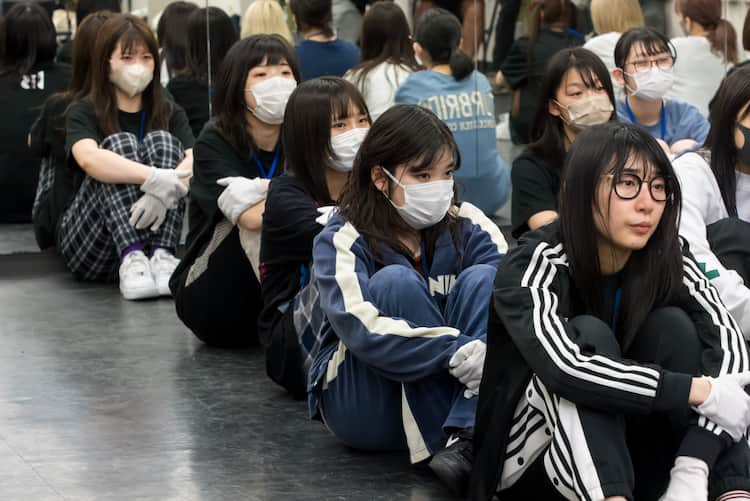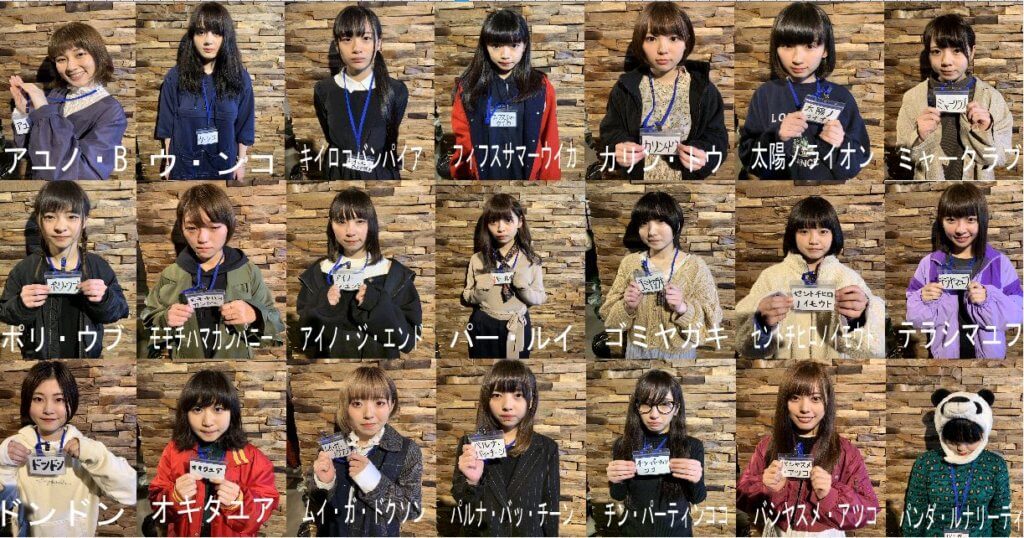Groups
Sakamichi Series: Nogizaka46 Sakurazaka46 Hinatazaka46
WACK Groups: BiSH
Japanese Idols News and Knowledge Base
Japanese Idols News and Knowledge Base

If you’re a fan of J-pop, chances are you’ve heard of Japanese idol groups. These all-singing, all-dancing acts have taken the world by storm, with groups like AKB48, Nogizaka46, and Sakurazaka46 dominating the charts and the hearts of fans. But have you ever wondered how these groups come together in the first place? The answer lies in auditions.
Auditions are the backbone of Japanese idol group formation. Unlike in the West, where most performers are discovered through talent scouts or social media, in Japan, auditions are the primary way that young talent is scouted and selected for idol groups. These auditions are highly competitive and rigorous, with thousands of hopefuls vying for a few coveted spots in the group.

The first step in the audition process is the preliminary screening. This is where prospective members submit their application, along with a photo and a short video showcasing their singing and dancing skills. From there, the talent agency or production company responsible for the audition selects a group of finalists to move on to the next round.
The second round is typically a live audition, where finalists are asked to perform in front of a panel of judges. This is where things get tough, as the judges are looking for a combination of talent, charisma, and potential. Many hopefuls are eliminated at this stage, but those who make it through move on to the final round.
The final round is often the most grueling, as it involves an intensive training program where finalists are put through their paces in singing, dancing, and performance skills. This is where the judges are looking for not just raw talent, but also the ability to work hard and improve quickly.
Once the final group is selected, they undergo months of training and preparation before making their debut. This includes intensive dance and vocal lessons, media training, and even lessons in Japanese culture and etiquette. The end result is a polished, professional idol group that’s ready to take the world by storm.
But the audition process doesn’t end there. In fact, auditions are an ongoing process for many idol groups, as they constantly search for new talent to replace members who leave or retire. This means that hopefuls who didn’t make it the first time around can always try again, giving them another chance to fulfill their dreams of becoming a Japanese idol.
In conclusion, the role of auditions in Japanese idol group formation cannot be overstated. Auditions are the key to finding the best and brightest talent, and they’re what sets Japanese idol groups apart from other pop acts around the world. So the next time you’re singing along to your favorite J-pop tune, remember that it all started with an audition, and that the idols you love worked incredibly hard to get to where they are today.